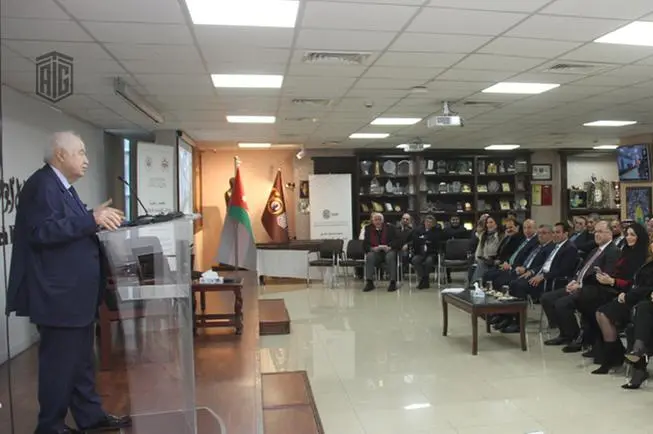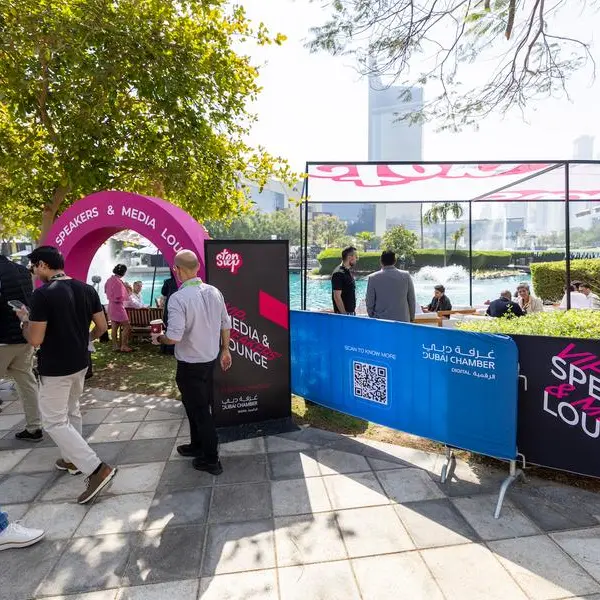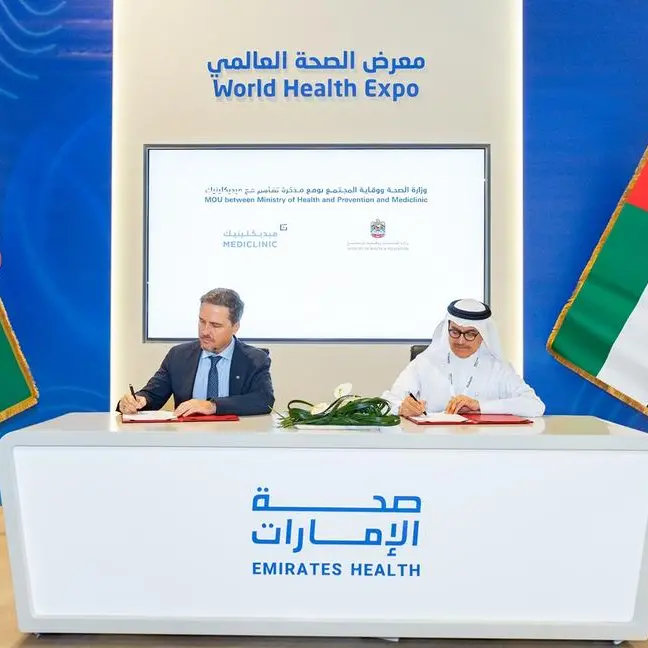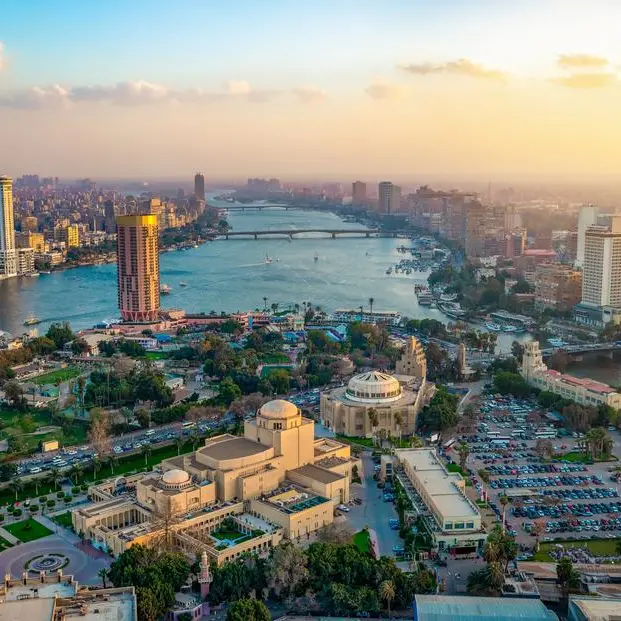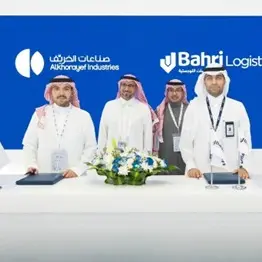PHOTO
AMMAN – The Arab Organization for Quality Assurance in Education (AROQA) has organized a regional seminar entitled ‘Quality Education at Schools and Universities in the Arab Region: Opportunities and Challenges’ under the patronage of Jordan’s Minister of Education, Higher Education, and Scientific Research, Dr. Azmi Mahafzah, but the Minister was represented by the Ministry’s Secretary General for Educational Affairs, Dr. Nawwaf Al-Ajarmeh. The Lebanese Minister of Education and Higher Education, HE Dr. Abbas Halabi has also participated although digitally. In addition, a group of educational leaders, experts, university presidents, school principals, and representatives of quality organizations took part in the event in-person and online.
In his opening remarks, HE Dr. Talal Abu-Ghazaleh, AROQA chairman, stated that organizing such a seminar comes within the framework of the Organization’s mission toward promoting and boosting the quality of education in order to keep pace with the Fourth Industrial Revolution’s accelerating advancements; especially in light of the unexpected crisis caused by the Coronavirus (COVID-19) pandemic and its impact on the present and future situation of education globally.
Dr. Abu-Ghazaleh further called for disseminating the culture of digital education and building capacities of human cadres to achieve quality in digital education, which is one of the priorities of the Knowledge Revolution by graduating scientists, not just learners.
For his part, Dr. Al-Ajarmeh praised AROQA efforts and its relentless pursuit to effectively contribute to improving the quality of education and providing universities and schools with various services such as accreditation, qualification programs, and capacity-building courses that ensure the quality of education.
Dr. Al-Ajarmeh further indicated that the Ministry strives to adopt quality management system in education through the preparation of strategic plans and development initiatives to achieve the objectives of the national agenda emanating from the National Strategy for Human Resources Development 2016-2025, which includes a number of executive programs.
In his digitally delivered address, Dr. Abbas Halabi affirmed that the quality of higher, vocational, and technical education is no longer a luxury, but has become an urgent necessity in light of the decline in educational and knowledge levels. This is especially imperative following the spread of the COVID-19 pandemic and the ‘ineffective’ distance learning which led to an educational loss that needs intensive efforts to recover and catch up on such losses.
The seminar also included a panel session inaugurated by the Director-General of the UNESCO's Regional Center of Quality and Excellence in Education in the Kingdom of Saudi Arabia (KSA), Dr. Abdulrahman Al-Medaires, during which he emphasized the importance of the seminar in light of the rapid changes the world is experiencing, affirming the need for unconventional responses from the education institutions both locally and globally. He pointed out that the challenges facing the future of quality in education require cooperation to find innovative solutions regionally and globally to prepare for a better future.
Furthermore, the seminar included a regional dialogue session, in which the participants came up with several recommendations, mainly the importance of enhancing the quality of education and improving its level, spreading the culture of digital education, and qualifying human cadres to achieve quality of digital education.
For their part, participants expressed readiness for cooperation and exchanging expertise. They further affirmed their keenness to efficiently and effectively keep pace with all developments continuously improve the quality of education and achieve excellence, as well as contribute to accomplishing the fourth goal of the Sustainable Development Goals 2030; “Ensure inclusive and equitable quality education and promote lifelong learning opportunities for all”.
At the end of the meeting, participants also recommended using the (Plan – Do – Check – Act) methodology to improve quality at educational institutions and obtain a quality assurance certificate, developing curricula in line with the transformation of education, establishing clear standards that comply with international standards and aligned with Arab standards to achieve the best education at all educational levels and stages.
-Ends-
